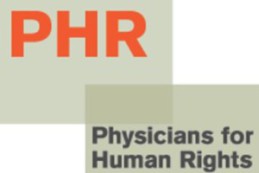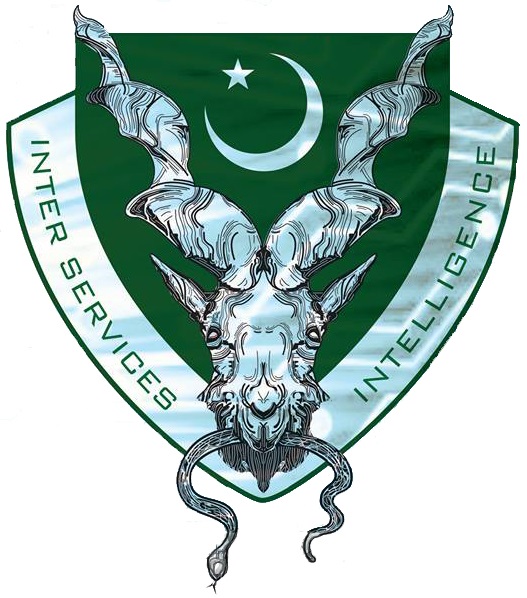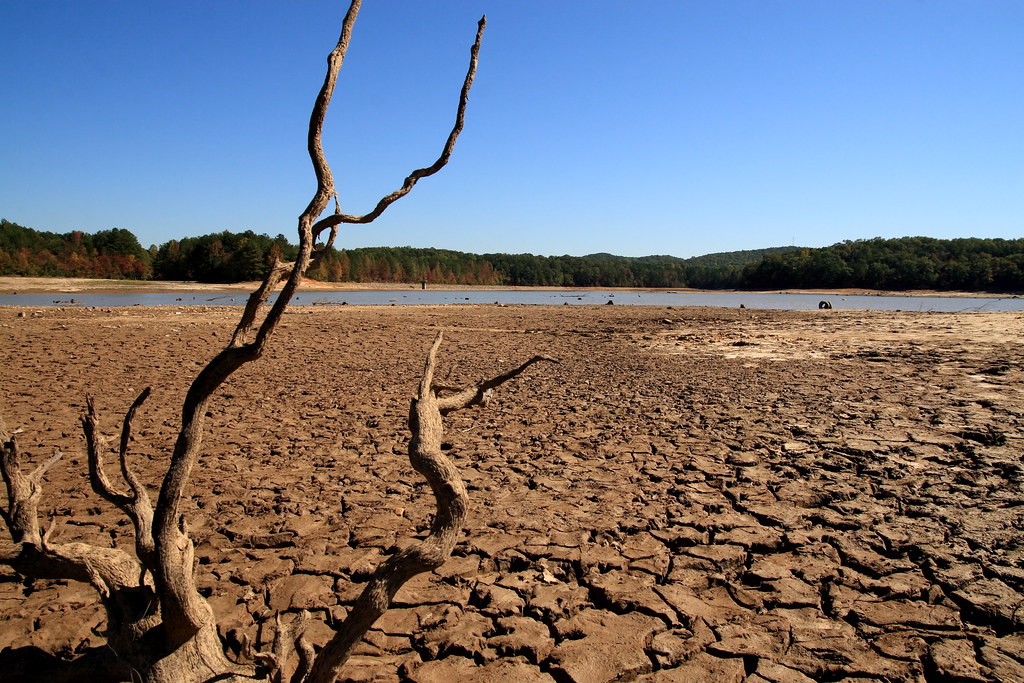
Today is the 99th anniversary of the Armenian Genocide which occurred on April 24, 1915. The Ottoman Empire’s government of Young Turks sought to systematically eliminate its Armenian population from their historic homeland of Anatolia in order to create a majority Muslim state. An estimated 1 to 1.5 million Armenians died as a result of massacres, forced labor camps and death marches into the Syrian Desert. The Turkish government continues to deny the genocide and attributes the loss of its Armenian community to the context of World War 1.
Turkish Prime Minister Recep Tayyip Erdoğan made a statement yesterday expressing his condolences to the Armenian community which some see as a step forward, and has been interpreted by others in news media as an apology. But most Armenians will not take vague statements of regret as an apology, certainly not without the Turkish state’s recognition of the so called “events of 1915” as a Genocide.
In a statement released in eight different languages by the Prime Minister’s office, Erdoğan said:
“The incidents of the First World War are our shared pain. To evaluate this painful period of history through a perspective of just memory is a humane and scholarly responsibility.”
“It is with this hope and belief that we wish that the Armenians who lost their lives in the context of the early twentieth century rest in peace, and we convey our condolences to their grandchildren.”
Sayın Başbakan, Director of the Armenian Genocide Museum Institute, says the statement does not go far enough in “a direction of revealing the truth, facing the history and enabling reconciliation between Armenian and Turkish peoples.” He is concerned that without recognition of the Armenian Genocide as such, the Turkish government is deceiving the Turkish youth and producing new generations of genocide deniers. Others take issue with Erdoğan’s use of the term “just memory.” This is a euphemism for the revenge killings of Muslims perpetrated by Armenians after the genocide, the scale of which hardly justifies joint attention by the scholarly commission Erdoğan has called on to investigate these historical events. While it is unlikely that Turkey will return to the path of normalizing relations with Armenia anytime soon, one can hope that, at the very least, this commission will lead to greater freedom for Turkish news media to discuss the tragic history of its Armenian citizens, in a way that more accurately reflects what happened.
Unfortunately NATO will be unable to officially express its condolences to the Armenian community until Turkey and the United States recognize this historic event. Efforts by US Senators to bring a bill to congress on recognition of the Armenian genocide have failed in 2007 and 2014 due to the Turkish lobby and its various threats such as restricting American use of its airspace. Canada has officially recognized the genocide since 1996 and Prime Minister Stephen Harper addressed the Armenian community today giving his condolences and recognizing what he has called “the first genocide of the twentieth century.” As a Canadian organization, the NATO Council of Canada expresses its deepest condolences to the Armenian Community on this day of remembrance.




